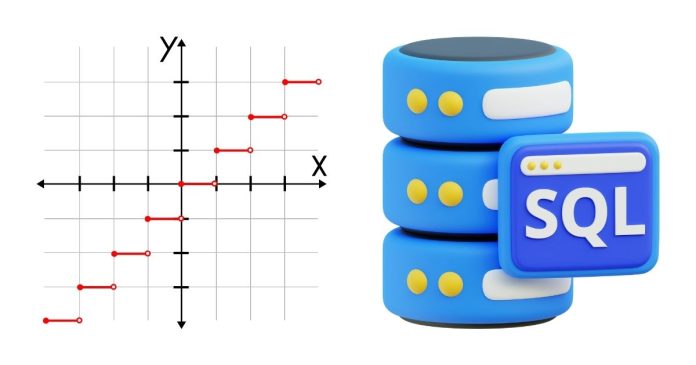When working with PostgreSQL, it’s common to manipulate data types to meet specific requirements. One frequently encountered task is converting an integer to a string. This blog post will walk you through various ways to achieve this conversion, ensuring you can handle any situation efficiently.
Why Convert Integer to String?
Converting integers to strings is often necessary in scenarios like:
- Formatting data for display purposes.
- Concatenating numbers with other strings.
- Ensuring compatibility with functions or columns requiring string input.
PostgreSQL provides several methods to perform this conversion, each suited to specific use cases.
Methods to Convert Integer to String
1. Using the ::text Operator
The ::text operator is one of the simplest and most common ways to convert an integer to a string in PostgreSQL.
SELECT 123::text AS converted_value;
Output:
converted_value
—————–
123
Advantages:
- Concise and easy to use.
- Ideal for quick conversions.
2. Using the CAST Function
The CAST function is a more formal way to convert an integer to a string.
SELECT CAST(123 AS text) AS converted_value;
Output:
converted_value
—————–
123
Advantages:
- ANSI SQL standard compliant, making it more portable across different database systems.
3. Using the to_char Function
The to_char function provides additional formatting options, making it suitable for more complex scenarios.
SELECT to_char(123, ‘999’) AS converted_value;
Output:
converted_value
—————–
123
Example with Leading Zeros:
SELECT to_char(123, ‘00000’) AS formatted_value;
Output:
formatted_value
—————–
00123
Advantages:
- Offers flexibility with formatting.
- Useful for creating user-friendly output.
When to Use Each Method
::text: Use when you need a quick and straightforward conversion without additional formatting.CAST: Prefer when writing portable SQL or following coding standards.to_char: Choose for scenarios where formatted output is required.
Common Use Cases
1. Concatenating Strings with Integers
When concatenating strings with integers, you must first convert the integer to a string. For example:
SELECT ‘The value is: ‘ || 123::text AS result;
Output:
result
——————
The value is: 123
2. Formatting Numbers for Display
To ensure a consistent display format, you can use to_char with formatting patterns:
SELECT to_char(456, ‘FM999,999’) AS formatted_number;
Output:
formatted_number
——————
456
Converting an integer to a string in PostgreSQL is straightforward, thanks to multiple available methods. Whether you need simple type casting, adherence to standards, or advanced formatting, PostgreSQL has you covered. By choosing the right approach for your use case, you can ensure efficient and readable SQL queries.
Have a favorite method for converting integers to strings in PostgreSQL? Share your thoughts in the comments below!


